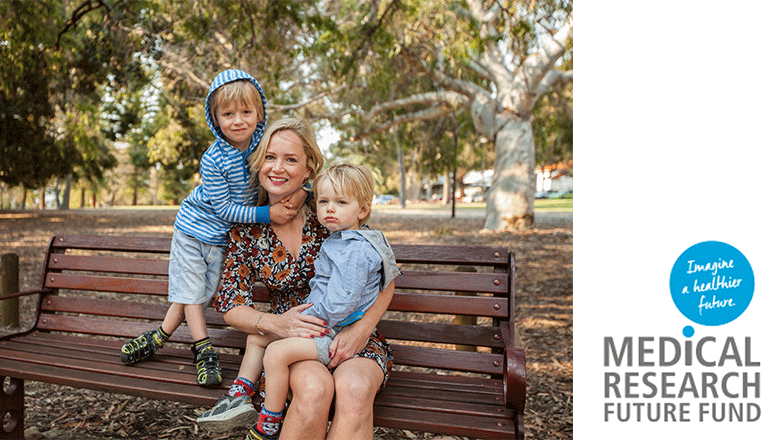Search
Research
Awake and Alert: Examining the Portrayal of Energy Drinks on TikTokEnergy drinks (EDs) are not recommended for minors' consumption due to a myriad of health risks, but marketing initiatives persist. This study explored the promotion of EDs on TikTok, a platform frequented by children and adolescents.
Research
The Future Healthy Countdown 2030: holding Australia to account for the health and wellbeing of future generationsFiona Stanley FAA FASSA MSc MD FFPHM FAFPHM FRACP FRANZCOG HonDSc HonDUniv HonFRACGP HonMD HonFRCPCH HonLLB (honoris causa) Patron 08 6319 1176
Research
The human toll and humanitarian crisis of the Russia-Ukraine war: the first 162 daysWe examined the human toll and subsequent humanitarian crisis resulting from the Russian invasion of Ukraine, which began on 24 February 2022.
Research
Understanding parent perspectives on engagement with online youth-focused mental health programsOnline youth-focused health programs often include parent modules—that equip parents with skills to assist their child in improving their health—alongside youth-specific content. BRAVE Self-Help, an evidence-based program designed for children and teenagers with early signs of anxiety, is a popular Australian program that includes six parent modules.
Research
Two cases of Leclercia adecarboxylata septic arthritis in immunocompetent paediatric patientsLeclercia adecarboxylata is a rare cause of septic arthritis in children, and has intrinsic resistance to common antibiotics. We describe two cases of L. adecarboxylata septic arthritis in children that required re-presentation to hospital with prolonged treatment, and highlight the importance of considering L. adecarboxylata as a potential cause of infection among children with penetrating injuries and associated environmental exposure.
Research
The potential of antisense oligonucleotide therapies for inherited childhood lung diseasesAntisense oligonucleotides are an emerging therapeutic option to treat diseases with known genetic origin. In the age of personalised medicines, antisense oligonucleotides can sometimes be designed to target and bypass or overcome a patient's genetic mutation, in particular those lesions that compromise normal pre-mRNA processing. Antisense oligonucleotides can alter gene expression through a variety of mechanisms as determined by the chemistry and antisense oligomer design.
News & Events
Child and Family Centres providing important support for parentsTasmania's Child and Family Centres are having a positive impact on parent's use and experiences of services and supports for young children

News & Events
The Kids welcomes Future Fund for medical researchPerth's The Kids Research Institute Australia has welcomed the passing of legislation to establish the Medical Research Future Fund (MRFF).

News & Events
Premature babies at greater risk of childhood infectionNew research has found children who are born even slightly premature or underweight are more likely to be hospitalised with an infection during their childhood

News & Events
The Kids welcomes renewed commitment to Medical Research Future FundThe Kids Research Institute Australia has welcomed the Federal Government's commitment to legislate the Medical Research Future Fund
